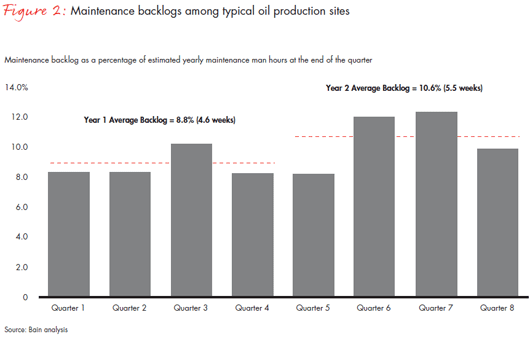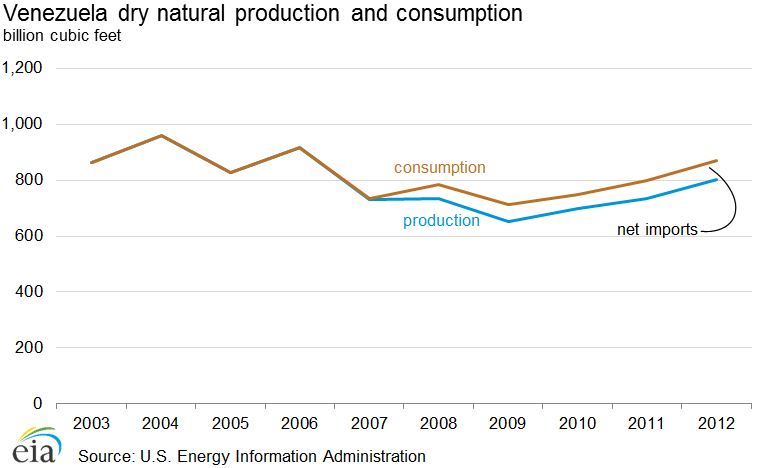The Top 10 Risks for Oil and Gas Companies in 2012
Post on: 16 Март, 2015 No Comment

The Top 10 Risks for Oil and Gas Companies in 2012
The oil and gas industry is subject to financial, compliance, operational, and strategic risks. These risks are subject to several external factors:
- Financial risks, which stem from the economy
- Compliance risks from laws, politics, or corporate governance
- Operational risks affecting processes, systems, and people in a company
- Strategic risks from customers, competitors, and investors
These four types of risks are depicted in the diagram below. The items near the center of the circle present the greatest risks to oil and gas companies in the next year.
Source: Ernst and Young
Risk #1: Competition for Access to Reserves
Access to reserves is the top risk for several reasons: First, the political unrest in North Africa and the Middle East has created uncertainty over future access to oil in those areas because there is no guarantee that governments of countries will continue to cooperate or that these regions will be safe.
Secondly, high oil prices may cause governments to attempt an increase in their share of revenues, leading to the formation of more government-backed oil companies. These companies will have a distinct advantage over an International Oil Company (IOC) competing for the same reserves in their country.
Risk #2: Energy Policy Changes
There is greater regulatory oversight in the industry involving environmental issues that may restrict access to reserves. Additionally, the 2010 oil spill in the Gulf of Mexico has created new oversight bodies and more stringent requirements that may cause offshore drilling in the Gulf to be cost prohibitive for the non-majors.
Risk #3: Cost Containment
Extracting oil and gas from accessible acreage is becoming increasingly difficult, requiring not only the development of new technologies, but also a technically proficient workforce that can operate that technology. Operational cost is also affected by increased environmental and safety reporting requirements.
Risk #4: Worsening Fiscal and Contractual Terms by Host Countries

When oil prices increase, governments can make regulatory changes to their own benefit, often using tax claims to cause foreign operating companies into giving the host country a higher revenue share.
Risk #5: Health, Safety, and Environmental (HSE) Risks
With an industry wide focus on how well operating companies are managing health and safety and are prepared to respond to an event, HSE can influence the ability to bid and win projects in the marketplace. Companies with greater health and safety capabilities will have a competitive advantage.
The human capital deficit means a bigger focus on recruiting, training, and developing a world class retention program.
Risk #7: Operational Challenges in New Environments
Companies are moving to deep water and Arctic drilling, which brings challenges such as new technologies, operations management, and safety issues.
Risk #8: Growing Public Concern Over Climate Change
Oil and gas companies that address global concerns over climate change will be more competitive. For example, many companies are engaged in carbon dioxide reporting processes.
Risk #9: Volatility of Oil Prices
The price of oil is subject to political and economic pressures, all of which influences an operating companies’ decision to invest in an oil and gas project. Although national oil companies and the super majors may be able to absorb greater price volatility than smaller operating companies, the price of oil affects the entire oil and gas supply chain.
Risk #10: Competition from New Technologies
Alternate energy sources (electricity, solar, wind, geothermal, and hydro) are competing against the development of new technologies for exploration and production. As a response to the challenges posed by emerging technologies, it is important for oil and gas companies to continuously monitor new technologies, develop a culture to innovate and prioritize investing in innovation.
Clover specializes in placing professionals in the oil and gas industry. If you are an Operator seeking to augment Project Teams, contact Jeff.W@clovergs.com
If you are an experienced professional looking for opportunities in the Upstream Industry (Alaska, Eagle Ford Shale Play, Bakken Formation, Deepwater Gulf of Mexico), send your resume in complete confidence to Chris.S@clovergs.com














